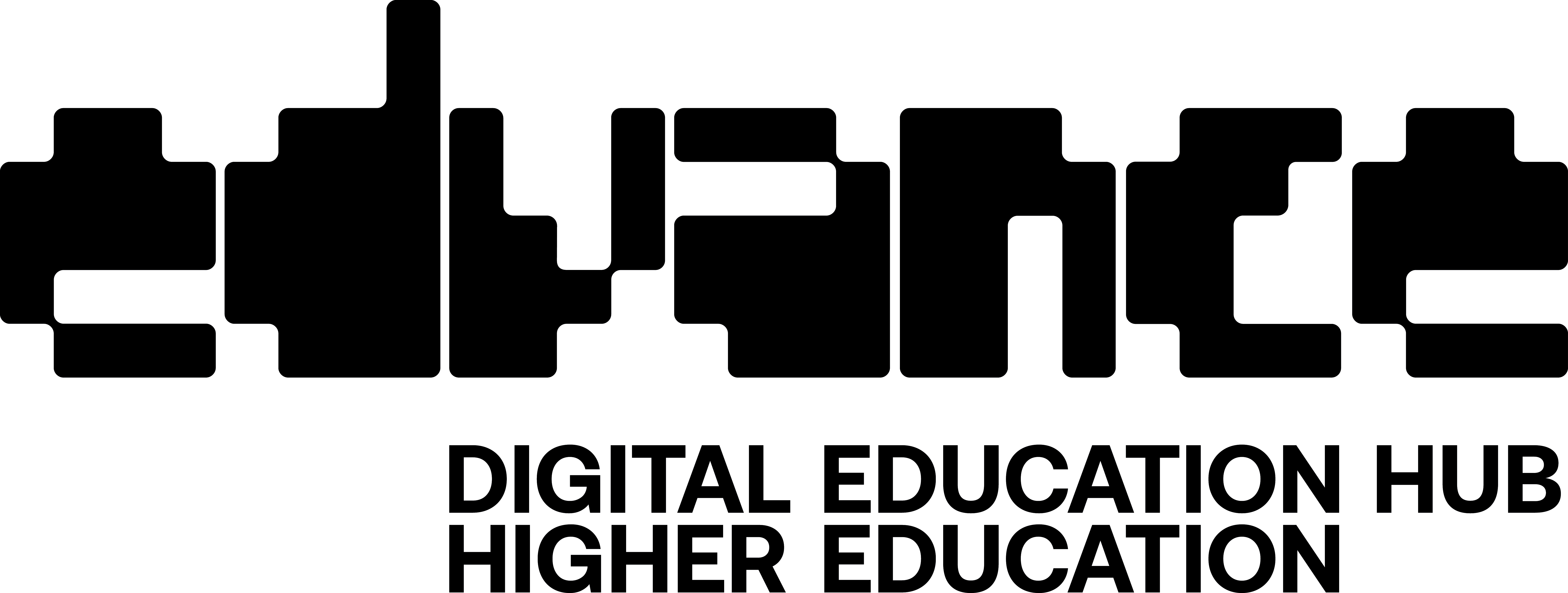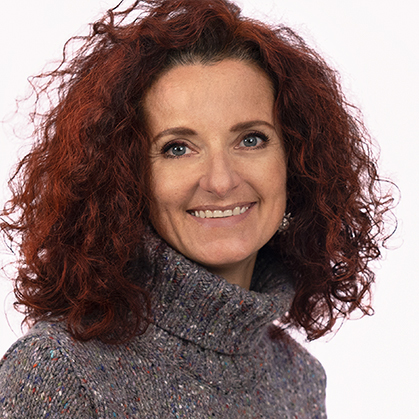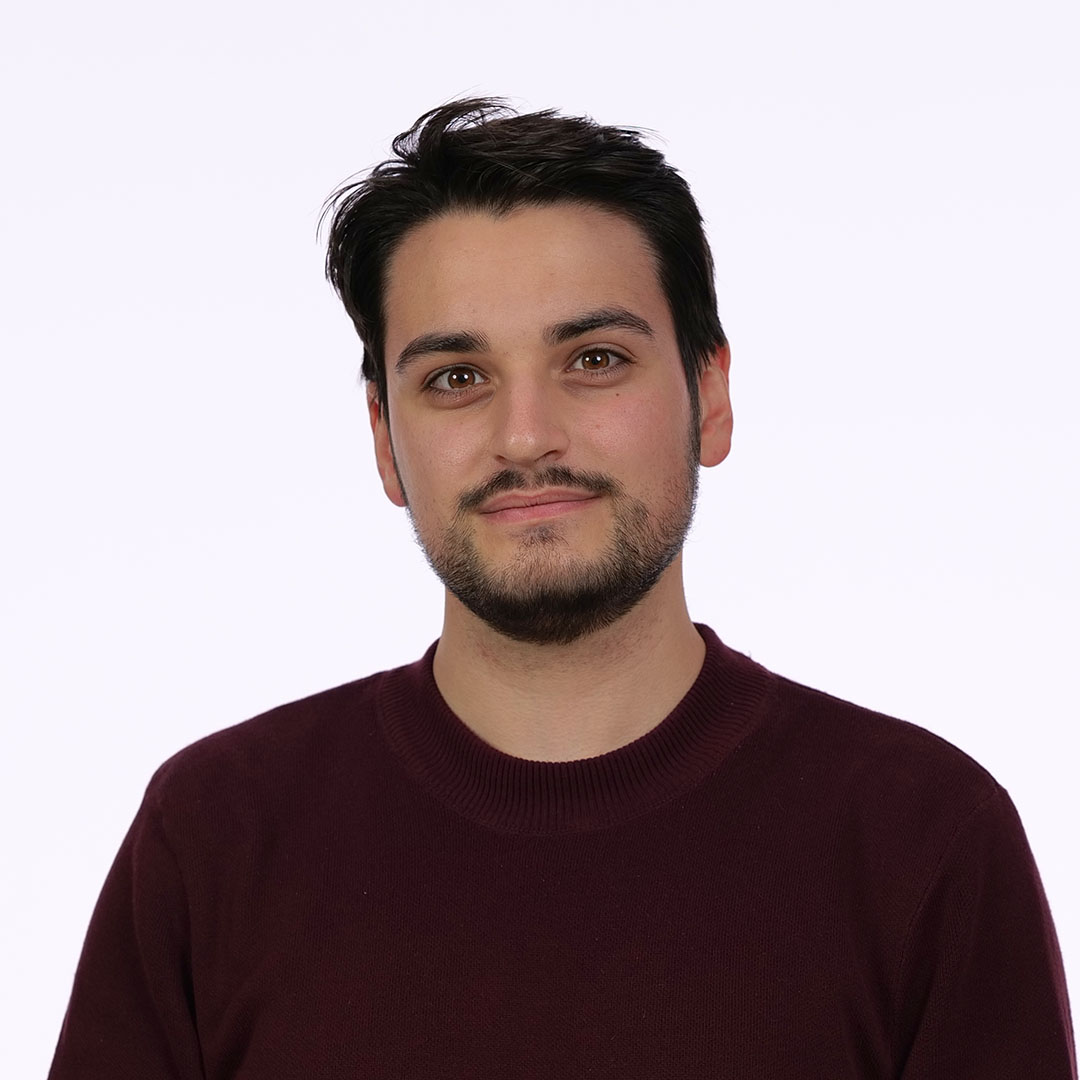Log in and enrol
Enhancing education through open opportunities
Enhancing education through open opportunities
“Open” is a different approach to education. Its focus is on sharing, improving, and reusing educational materials created by people (teachers, content experts, librarians, practitioners; sometimes students themselves are involved and not only super-experts) who are willing to let knowledge spread and be used by anyone. The intentional choice and its consequences enable others to adopt and adapt the resources and practices to their contextual needs.
This course is part of
Course description
What is Open Education offering to the global learning and teaching community through its resources (OER)? How can Open Educational Practices (OEP) support didactic activities? How can examples from practitioners worldwide inspire you? How can openly licenced reusable documents - in editable formats - allow you to adopt, adapt and remix them consistently with your students’ intended learning outcomes? How can Open Education Policies support a sustainable future for education? What is going on at the global level to connect Climate Change initiatives, Open Science movements and Open Education? What does “creating something prioritising reuse by others” as your top goal look like?
This MOOC aims to help practitioners, instructional designers, teachers and librarians build on their existing knowledge and skills, thanks to reusable opportunities coming from open education examples in different fields and at different levels. It aims to inspire them with a diverse range of experiences: we invite participants to dig deeper into those examples that relate more directly to their contextual needs. After attending this MOOC, participants are invited to consider approaching and dialoguing with decision-makers to experiment with open solutions, and through them, ignite and fasten change for a better impact on shared societal challenges.
In this MOOC, you will:
- recall the basics about open licencing and the main definitions of Open Educational Resources and Open Educational Practices;
- analyse and discuss different Open Education experiences distinguishing between the local efforts they convey and the method applied, which can be adapted elsewhere;
- learn more about Open Educational Practices, and choose whether to experiment part of it in your educational activities;
- get to know the focus of the main guiding documents and policies in place to channel Open Education opportunities, communities and approaches to facing the most urgent challenges of our time;
- explore examples of roadmaps to confront your strategies with the ones shared for you to reuse and adapt to your local needs;
- follow the creators while they share how they designed and implemented this MOOC with radical reuse in mind and learn from it how to ameliorate their standard design process.
Total workload of the course: 25-30 hours
This MOOC is offered by Politecnico di Milano
The course is structured in 4 weeks:
- Week 1 - Zoom in: Open Educational Practices, situated
- Week 2 - Zoom out: a global effort built thanks to multiple local focuses
- Week 3 - Why Open Education? Why now?
- Week 4 - How to reuse and adapt this MOOC
You’ll have the chance to choose among different levels of involvement, even if the content does not explicitly distinguish between them.
This MOOC was produced as part of the Edvance project – Digital Education Hub per la Cultura Digitale Avanzata. The project is funded by the European Union – Next Generation EU, Component 1, Investment 3.4 “Didattica e competenze universitarie avanzate".






Intended Learning Outcomes
By actively participating in this MOOC, you will be able to:
- Understand the role of Open Education approaches to learning design to better share and gain a thorough understanding of what constitutes OER, including open licenses like Creative Commons, and how they can be effectively used and integrated into educational materials.
ESCO: instructional design models - Comprehend the principles and good practices of OEP, which involves the design and implementation of teaching and learning activities that promote openness, collaboration, and sharing; choose between shared resources those that are fit for purpose to consider in terms of practices, approaches and formats according to local and specific needs to adapt.
ESCO: instructional design models ESCO: conduct educational activities - Consider all textual and graphic elements and design visual resources with intentional reuse in mind, making them accessible and consistent with universal design principles, ensuring that the open educational materials are usable and beneficial to all learners.
ESCO: apply teaching strategies ESCO: graphic design - Identify video formats and design video resources focusing on reuse and compromising where needed to make them as easy to edit, localise and adapt as possible.
ESCO: supervise video and motion picture editing team - Explore pedagogical approaches and strategies that support effective OEP implementation, such as collaborative learning, peer assessment, and learner-generated content.
ESCO: use learning strategies - Develop skills to foster open collaboration and sharing within learning communities, both within and beyond the educational institution, and encourage the practice of sharing educational resources.
ESCO: build community relations
Prerequisites
No prerequisite knowledge is required for this course, even if previous experience in didactics and teaching will be helpful. The course is mainly addressed to professors and teachers, at all levels, who are willing to think about some innovation in their pedagogical approach.
Activities
Over and above consulting the content, in the form of videos and other web-based resources (the reading path), you will have the opportunity to discuss course topics and to share ideas with your peers in the Forum of this MOOC (the communication path). The forum is freely accessible and participation is not guided. You can also perform design activities to build your own courses using templates and suggestions about new assessment strategies (the production path).
Section outline
-
-
Week 0 is an introduction to the MOOC, its structure and the main subject we are dealing with.
-
Week 1 aims to provide key concepts related to "Open Educational Practices," including the principles and characteristics that distinguish open approaches from traditional educational methods. It dives into examples related to how Open Educational Practices contribute to fostering inclusivity, accessibility, and learner engagement and how challenges and opportunities intertwine with the adoption of open approaches in diverse educational settings.
-
In week 2, you are invited to zoom out and look at Open Education opportunities from above, adopting the perspective of policymakers, to better understand how the future of education is supported by international policies, institutions, organisations, and a global community that foster a co-creative approach to including all voices and face social and cultural challenges more effectively.
-
Week 3 aims to offer an overview of key elements that make Open Education a viable approach to serving challenging priorities as a civil community, basing action on shared knowledge. It also offers examples of roadmaps and guidelines that are openly available to the community as a start to take action.
-
The final week of this MOOC is meant for OER creators and reusers to consider open approaches from their first steps. We are sharing our decision-making process for this MOOC and the radical open approach we applied to every step, with reusers and adapters as our priority, from the instructional, visual, and graphic designer perspectives.
-
Assessment
Your final grade for the course will be based on the results of your answers to the assessed quizzes. You have an unlimited number of attempts at each quiz, but you must wait 15 minutes before you can try again. You will have successfully completed the course if you score 60% (or higher) in each one of the assessed quizzes. The maximum score possible for each quiz is given at the beginning of the quiz. You can view your score in the quiz on your last attempt or on the 'Grades' page.
Certificate
You can achieve a certificate in the form of an Open Badge for this course, if you reach at least 60% of the total score in each one of the assessed quizzes and fill in the final survey.
Once you have completed the required tasks, you will be able to access ‘Get the Open Badge’ and start issuing the badge. Instructions on how to access the badge will be sent to your e-mail address.
The Badge does not confer any academic credit, grade or degree.
Information about fees and access to materials
The course is delivered online and is available free of charge.
Course faculty

Paola Corti
Teacher
Project Manager at METID. Her main interests are Open Education (resources, practices, policies, and implementation process) and its evolution. She developed MOOCs about teaching innovation methodologies and soft skills development, and she supports colleagues in making open licensing choices. Since 2023, she has been a member of the OE Global Board of Directors.

Luca Longa
Teacher
Luca Graduated in Communication Design at the Politecnico di Milano and worked with METID—Task Force—Learning Innovation from 2021 to 2024 as a Visual Instructional Designer.

Luca Tantimonaco
Teacher
Luca earned a Master's degree in Communication Design at the Politecnico di Milano and has been working as a visual instructional designer with METID—Task Force—Learning Innovation since 2017.
Contact details
If you have any enquiries about the course or if you need technical assistance please contact pok@polimi.it. For further information, see FAQ page.

